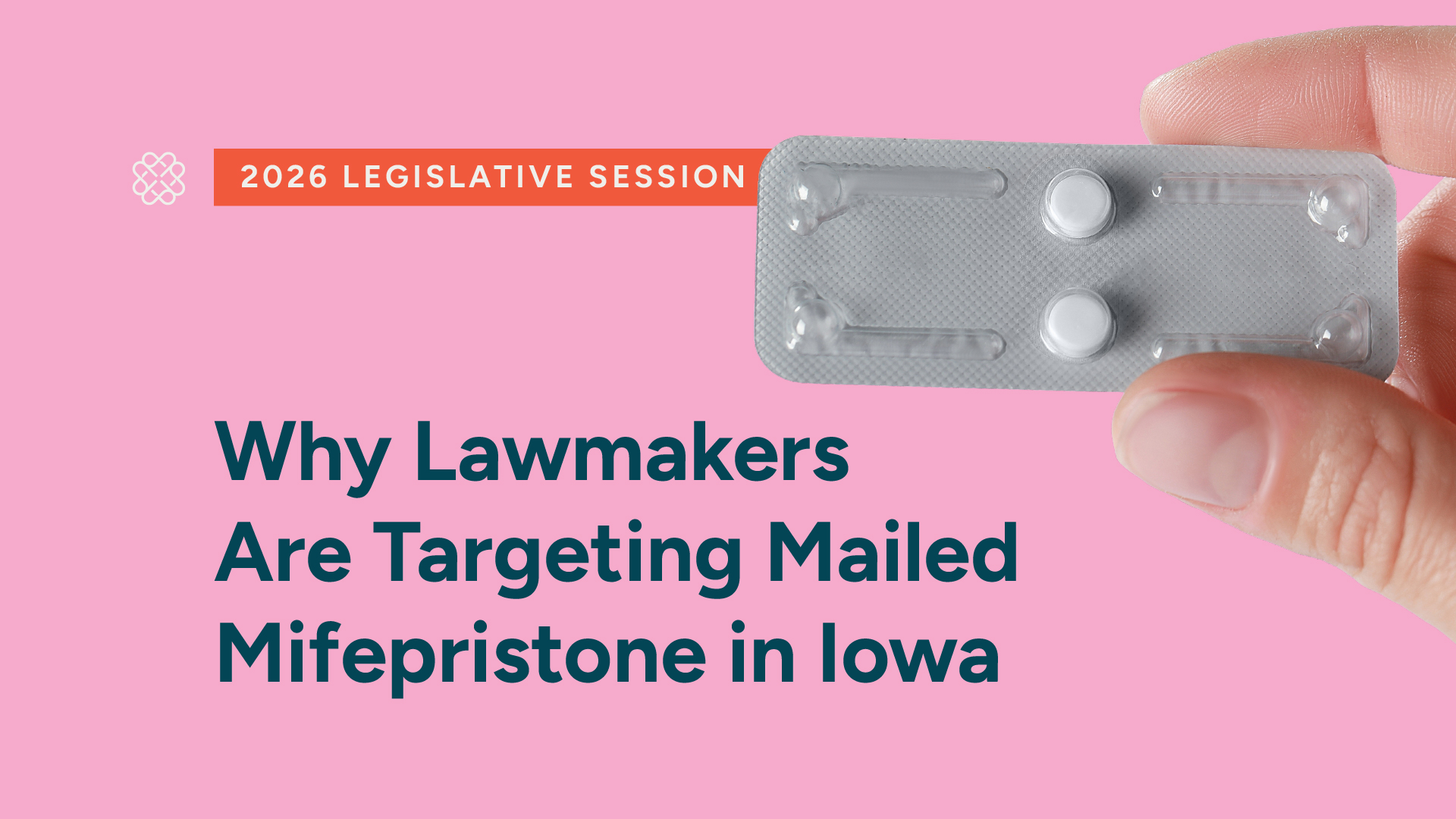
Emergency contraception (EC) is a safe, legal, and time-sensitive tool to prevent pregnancy after unprotected sex or contraceptive failure. Yet, misinformation continues to spread confusion. Let’s break down the most common myths and what the facts actually say.
❌ Myth: Emergency contraception causes an abortion
✅ Fact: EC does not terminate an existing pregnancy.
It works before pregnancy occurs—typically by preventing or delaying ovulation. If you’re already pregnant, EC won’t affect the pregnancy. Learn more at Bedsider.
❌ Myth: You can use EC like regular birth control
✅ Fact: EC is for occasional, emergency use—not as a primary method.
It’s less effective than ongoing contraception and should only be used in urgent situations (missed pills, broken condom, no contraception). For consistent protection, talk to a provider about longer-term options.
❌ Myth: EC works even if you’re already pregnant
✅ Fact: EC doesn’t work after implantation.
If you are already pregnant, EC won’t end the pregnancy or cause harm—it simply won’t work. EC is not the same as the abortion pill.
❌ Myth: EC can make you infertile
✅ Fact: EC has no impact on long-term fertility.
It temporarily delays ovulation but does not harm the reproductive system. It’s safe for future pregnancies.
❌ Myth: If you don’t take EC right away, it won’t work
✅ Fact: EC is most effective the sooner you take it—but you may still have options up to 5 days later.
- Plan B works best within 72 hours
- Ella (ulipristal acetate) is effective up to 5 days after unprotected sex
- The copper IUD is 99% effective when inserted within 5 days
Ask your provider about keeping a prescription for Ella or scheduling an IUD consult proactively.
❌ Myth: You always need a prescription for EC
✅ Fact: EC pills like Plan B are available over-the-counter in Iowa—no ID or prescription needed.
Ella and copper IUDs do require a prescription or medical appointment. Find local help at Abortion Finder.
❌ Myth: Using EC more than once is dangerous
✅ Fact: EC is safe to use multiple times, but it’s less effective than regular birth control.
It may cause temporary changes to your cycle but won’t harm your health. Consider switching to a more reliable method if you find yourself needing EC often.
❌ Myth: EC guarantees you won’t get pregnant
✅ Fact: No method is 100% effective.
EC reduces your chances of pregnancy significantly, especially when taken early—but it’s not foolproof. The effectiveness depends on the type used and where you are in your menstrual cycle.
Need Help or Emergency Contraception?
Visit Planned Parenthood of the Heartland or AbortionFinder.org to explore services, clinics, and support near you.
At ICRF, we believe you deserve medically accurate information and judgment-free support—because reproductive healthcare should be personal, not political.
For more reproductive rights information and updates on Iowa healthcare access, visit our resources page or sign up for our newsletter.
Empower change.
Sign up for our newsletter and stay informed on reproductive healthcare issues in Iowa.




